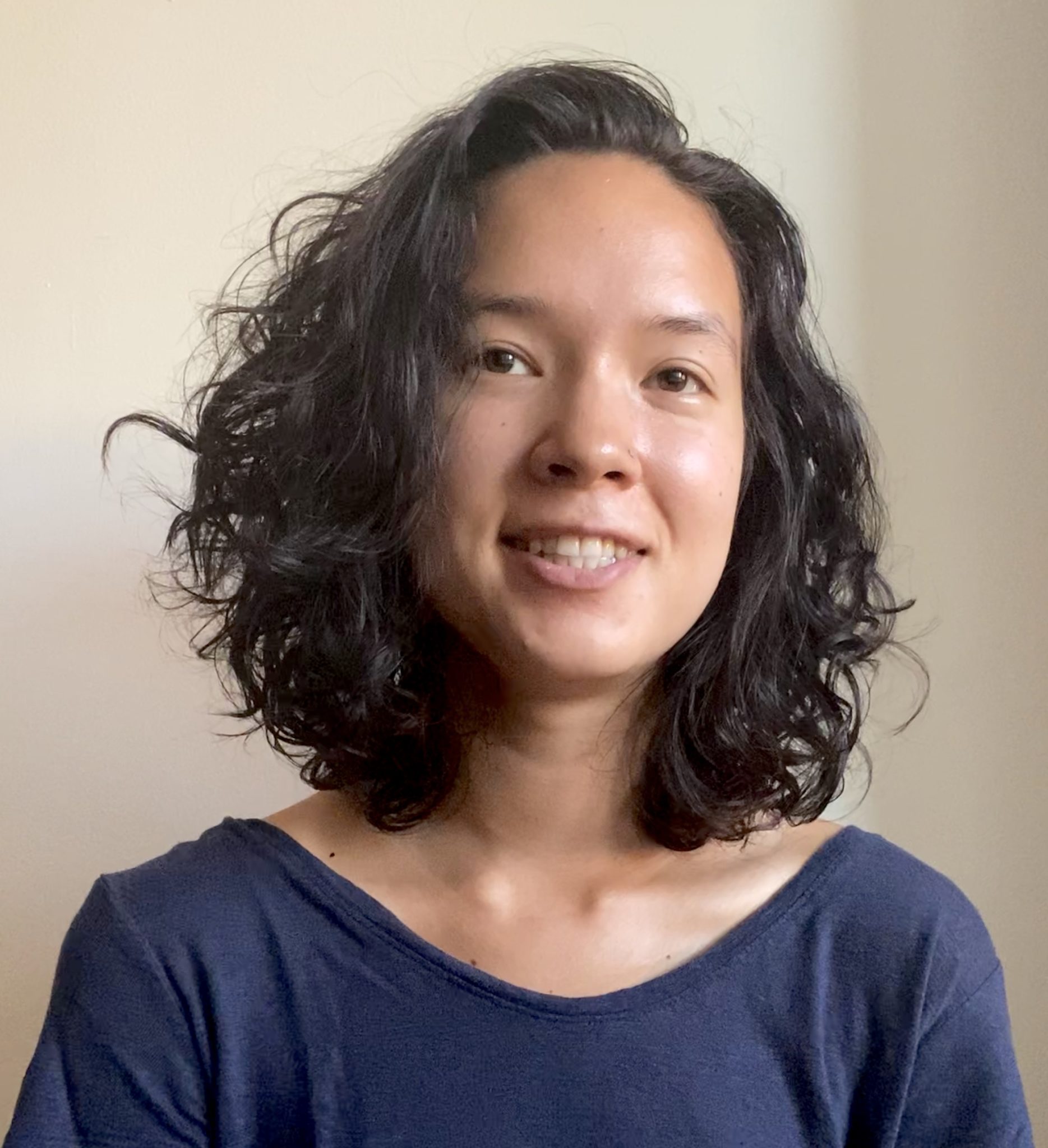American cities are built for cars. Access to a car is often necessary to maintain employment, and parking is scarce and restricted. Parking tickets are a part of life for poor and rich Bay Area residents alike.
However, the series of events following a failure to feed a meter is not shared by poor and rich alike. The rich resident curses their bad luck, goes online, and handily pays Berkeley’s $43 base fine plus $3 processing fee. Their parking ticket saga ends here.
The poor resident’s path is far more arduous. Say you’re already struggling to make your sky-high Berkeley rent, feed your school-aged kids, and pay for your family’s healthcare needs. Maybe you’re disabled, and you’re stretching your precious few SSI dollars to cover your expenses. A $43 fine disrupts your precarious budget. You can’t pay now, so you don’t. You may have other unpaid parking tickets saved up. $49 for parking during street sweeping. $64 for leaving your car in a no-parking zone. After 30 days, each unpaid ticket gains a $30 late fee. After 45 days, another $50. You couldn’t afford to pay the base fine, so now your debt is three times the amount your rich neighbor had to pay.
Still can’t pay $123 for that meter mishap? The DMV will put a hold on your registration. Stop driving and you lose your job. Keep driving and you could be cited for driving without registration, and your car could be booted and towed. Five or more parking tickets also leaves you vulnerable to booting and towing.
In California, over a quarter of tows are based on lapsed registration, parking in one place for 72 hours, and unpaid parking tickets. Cars towed for these poverty-related reasons are far more likely to be sold by the tow yard, because their owners simply can’t pay the fees to recover their cars.
Parking tickets have a disproportionate effect on people and communities of color. Black and Latinx communities are overpoliced and disproportionately plagued by ticketing and towing. Reporting on towing in the Bay Area reveals that Black and Latinx neighborhoods are consistently targeted for these poverty-related tows.
While low-income residents of color are harmed by parking enforcement, who gains? Cities profit from parking tickets. In 2019, Berkeley took in over $6 million from about 140,000 parking tickets. Bigger cities like Oakland make about $20 million from about 380,000 tickets a year. San Francisco, the mother of all parking enforcers, made over $88 million for 1,365,871 tickets in 2015. Although regulating parking is a city’s prerogative, this profitable practice exploits low-income residents and disproportionately burdens Black and Latinx communities. Given the two-tiered system of parking ticket debt, this revenue reeks of injustice.
But it doesn’t have to be this way. Cities promise to provide relief for low-income residents. They could make good on that promise by overhauling their existing alternative payment options.
Current low-income payment plans and community service programs look good on paper, but they prove inadequate in practice. California Vehicle Code § 40220 requires most cities to offer low-income payment plans. With a maximum processing fee of $5 and monthly payments typically limited to $25, the low-income payment plan could be a major relief for poor folks facing significant fines. They even waive late fees! All you have to do is fill out paperwork, provide proof of income, and deliver it to the parking authority within 60 days of the ticket’s issuance. What’s the problem?
The low-income payment plan requires applicants to overcome barriers. You have to collect documentary proof of income and spend valuable time reviewing numerous forms. Most importantly, you need knowledge of this process. If you miss that 60-day window, you’re stuck with your insurmountable fine, late fees included. Even in Berkeley, low-income residents are often unaware of this process. By the time they find legal support, the opportunity to get on a payment plan is typically long gone. Considering its abrupt time limit and reliance on applicant proactiveness, today’s low-income payment plan is destined for failure.
The occasional option for community service is similarly flawed. Berkeley allows low-income residents to make up parking ticket debt by working $10/hour for the city. To do community service, an applicant must visit multiple city offices and pay at least $20 in fees. (Yes, you have to pay to do community service.) Numerous restrictions further impair the community service solution: it’s not an option for applicants with old tickets, applicants who tried to challenge their tickets in administrative hearings, and applicants without time for another job.
Community service and indigent payment plans could provide meaningful relief for low-income residents. Make enrollment in these alternative payment plans a regular, systematic step in the parking ticket process. Send the applications and instructions alongside the notices of delinquency. Eliminate the 60-day deadline. Drop arbitrary restrictions on eligibility. If we remove these barriers and make need-based relief widely available, we can intervene in the cycle of municipal debt. We can make sure that no one gets trapped in parking-ticket limbo, under threat of towing and unable to pay.

Alex Fay
EBCLC Clean Slate Clinical Law Student